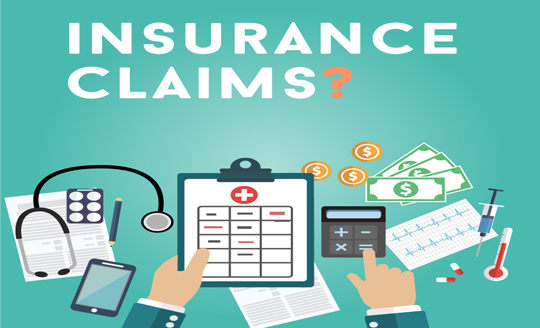When we buy insurance, we help protect ourselves from the financial risks of suffering an injury or fatality, or of damages from an incident.
Minimising the number of claims you file is the key to protecting your insurance rates from a substantial increase. A good rule to follow is to only file a claim in the event of catastrophic loss. But if for instance your car gets a dent on the bumper, you may be better off if you take care of the expense on your own.
You may find that your premiums may go up after a claim even when you didn’t cause the incident. Let’s take a look at why premiums go up after a claim.
The Insurance Company Decides
Incurring a rate increase due to an accident and the amount of the increase will vary by insurance company.
Insurance companies employ a different type of risk management, which focuses on the effects of financial risks on their organisation.
They’re risk-averse. Therefore when you get into an accident, regardless of fault, you may be viewed as a higher risk. To offset this, the insurance company might elect to impose a surcharge.
Your Claims History and Driving Record
However, some insurance companies have statistically concluded, based on their customers’ driving behaviour, that if a driver gets into just one accident they’re more likely to get into another accident of equal or greater severity.
It’s important to know the details of your car insurance policy. When you apply for car insurance, ask which situations will lead to increased rates. If your surcharge is unavoidable, you may be able to keep your premium low by increasing your deductibles.
If your premium becomes too high to handle, you can comparison-shop to see if you can find a better rate with another provider as all companies rate drivers differently.











